
The U.N. asked for billions to avert four hunger crises. The money didn't arrive.
WAAGACUSUB:- At the beginning of this year, the United Nations made one of its boldest requests ever for funding. It needed billions of dollars to fund a humanitarian response, said Secretary General António Guterres, or as many as 20 million people might starve to death.
Five months later, the results of that appeal are dismal. The United Nations has raised about a third of its goal, and there’s little reason to believe that much more is coming.
The funding is for four countries facing massive hunger crises: South Sudan, Somalia, Nigeria and Yemen. Of the $6.1 billion requested for those countries, only $2.2 billion, or 36 percent, has been pledged.
In each crisis, according to aid officials, the lack of funding has led to a reduction in food assistance for those in need. It remains unclear how many lives have been lost because of the lack of funding, but the United Nations has recently unveiled stark statistics about the unmet need.
Five months later, the results of that appeal are dismal. The United Nations has raised about a third of its goal, and there’s little reason to believe that much more is coming.
The funding is for four countries facing massive hunger crises: South Sudan, Somalia, Nigeria and Yemen. Of the $6.1 billion requested for those countries, only $2.2 billion, or 36 percent, has been pledged.
In each crisis, according to aid officials, the lack of funding has led to a reduction in food assistance for those in need. It remains unclear how many lives have been lost because of the lack of funding, but the United Nations has recently unveiled stark statistics about the unmet need.
This month Guterres warned that a Yemeni child dies every 10 minutes of preventable causes such as conflict, hunger and disease. UNICEF has said that more than 275,000 children across Somalia are facing severe malnutrition. In South Sudan, the United Nations says that 2,800 people are fleeing worsening violence and looming famine every day.
"It means, quite simply, that large numbers of people, particularly children, will suffer and die,” said Andrea Tamburini, chief executive of Action Against Hunger.
The funding shortfall comes at a particularly troubling time, with some regions in the affected countries about to enter the "lean season,” as families exhaust their last reserves from the previous harvest.
Of the four crises, the United Nations’ biggest shortfalls are in Nigeria, where only 28 percent of $1.05 billion requested has been raised, and in Yemen, where 23.7 percent of the $2.1 billion appeal has been funded.
That funding gap is already being felt in northeastern Nigeria, where 1.8 million people are in need of food assistance, many of them living in makeshift displacement camps in bombed-out cities, often inaccessible by road, particularly during the coming rainy season.
In the absence of funding, the World Food Program this month had to abandon its plans to feed about 500,000 of the nearly 2 million in need, instead focusing on the most urgent cases.
"When you can no longer feed, say, all malnourished children in a certain age group in a given area, you operate a form of triage. It is a moral wrench to do this, but we don’t have much choice,” said Andre Vornic, a WFP spokesman in the organization’s Rome headquarters.
In Nigeria, the United Nations has also been unable to provide thousands of people with 15 liters of clean water per day — seen by many in the humanitarian community as a basic standard for survival.
"This will have an impact in morbidity and mortality, particularly for children,” said Samantha Newport, a spokeswoman for the U.N. Office for the Coordination of Humanitarian Affairs.
Raising funds for hunger crises, particularly in Africa, is never easy. In 2011, the United Nations struggled to galvanize donors during a famine in East Africa. In Somalia alone, 260,000 people died during that crisis, though a lack of funding wasn’t the only reason for that massive loss of life. The international community’s response had been slow even before the fundraising appeal began, and aid delivery had been complicated by al-Shabab militants.
Many in the aid community worried that the Trump administration’s budget, which proposed massive cuts to foreign aid, would be disastrous for the international humanitarian response. But so far, the United States is still donating more than other nations in many cases.
In Nigeria, the United States is contributing $25 million to the WFP budget this year, three times as much as Canada, the next-largest donor.
Some aid officials have said privately that they believe donors have declined to contribute to Nigeria’s humanitarian package because they consider the country to be relatively wealthy and capable of contributing more to its own crisis. Nigeria is the biggest economy in Africa with the biggest population: roughly 180 million people. Its government has largely played down the scale of the humanitarian disaster in the northeast.
"It doesn’t help the appeal that Nigeria is seen as being a corrupt country, with millions of dollars disappearing at the highest levels of government,” said one relief official who spoke on the condition of anonymity because he didn’t want to be seen criticizing the government.
U.N. officials hoped that the United States would give more to the four hunger crises, but they say that the problem is a global one, with wealthy European and Middle Eastern nations contributing only relatively small sums.
In South Sudan, U.N. officials have emphasized the urgency of assisting farmers ahead of the rainy season. But, as of now, no seeds have been distributed.
"This is the time for farmers to plant. They don’t have seeds. They have eaten the seeds. Even the seeds that the FAO provided last month, they have eaten them,” José Graziano da Silva, director general of the United Nations’ Food and Agriculture Organization, said Tuesday.
In Yemen, where 17 million people are considered "food insecure,” according to Tamburini at Action Against Hunger, "the humanitarian community is only reaching 4 million each month just because of a lack of resources.”
"It means, quite simply, that large numbers of people, particularly children, will suffer and die,” said Andrea Tamburini, chief executive of Action Against Hunger.
The funding shortfall comes at a particularly troubling time, with some regions in the affected countries about to enter the "lean season,” as families exhaust their last reserves from the previous harvest.
Of the four crises, the United Nations’ biggest shortfalls are in Nigeria, where only 28 percent of $1.05 billion requested has been raised, and in Yemen, where 23.7 percent of the $2.1 billion appeal has been funded.
That funding gap is already being felt in northeastern Nigeria, where 1.8 million people are in need of food assistance, many of them living in makeshift displacement camps in bombed-out cities, often inaccessible by road, particularly during the coming rainy season.
In the absence of funding, the World Food Program this month had to abandon its plans to feed about 500,000 of the nearly 2 million in need, instead focusing on the most urgent cases.
"When you can no longer feed, say, all malnourished children in a certain age group in a given area, you operate a form of triage. It is a moral wrench to do this, but we don’t have much choice,” said Andre Vornic, a WFP spokesman in the organization’s Rome headquarters.
In Nigeria, the United Nations has also been unable to provide thousands of people with 15 liters of clean water per day — seen by many in the humanitarian community as a basic standard for survival.
"This will have an impact in morbidity and mortality, particularly for children,” said Samantha Newport, a spokeswoman for the U.N. Office for the Coordination of Humanitarian Affairs.
Raising funds for hunger crises, particularly in Africa, is never easy. In 2011, the United Nations struggled to galvanize donors during a famine in East Africa. In Somalia alone, 260,000 people died during that crisis, though a lack of funding wasn’t the only reason for that massive loss of life. The international community’s response had been slow even before the fundraising appeal began, and aid delivery had been complicated by al-Shabab militants.
Many in the aid community worried that the Trump administration’s budget, which proposed massive cuts to foreign aid, would be disastrous for the international humanitarian response. But so far, the United States is still donating more than other nations in many cases.
In Nigeria, the United States is contributing $25 million to the WFP budget this year, three times as much as Canada, the next-largest donor.
Some aid officials have said privately that they believe donors have declined to contribute to Nigeria’s humanitarian package because they consider the country to be relatively wealthy and capable of contributing more to its own crisis. Nigeria is the biggest economy in Africa with the biggest population: roughly 180 million people. Its government has largely played down the scale of the humanitarian disaster in the northeast.
"It doesn’t help the appeal that Nigeria is seen as being a corrupt country, with millions of dollars disappearing at the highest levels of government,” said one relief official who spoke on the condition of anonymity because he didn’t want to be seen criticizing the government.
U.N. officials hoped that the United States would give more to the four hunger crises, but they say that the problem is a global one, with wealthy European and Middle Eastern nations contributing only relatively small sums.
In South Sudan, U.N. officials have emphasized the urgency of assisting farmers ahead of the rainy season. But, as of now, no seeds have been distributed.
"This is the time for farmers to plant. They don’t have seeds. They have eaten the seeds. Even the seeds that the FAO provided last month, they have eaten them,” José Graziano da Silva, director general of the United Nations’ Food and Agriculture Organization, said Tuesday.
In Yemen, where 17 million people are considered "food insecure,” according to Tamburini at Action Against Hunger, "the humanitarian community is only reaching 4 million each month just because of a lack of resources.”



 0
0 
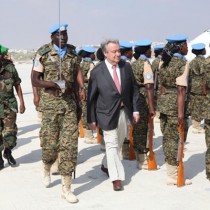


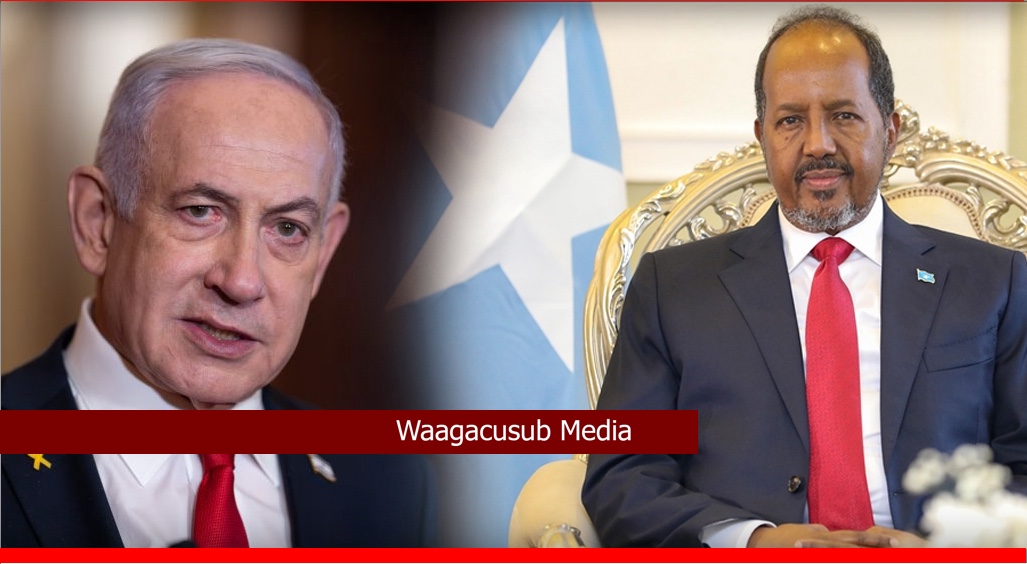

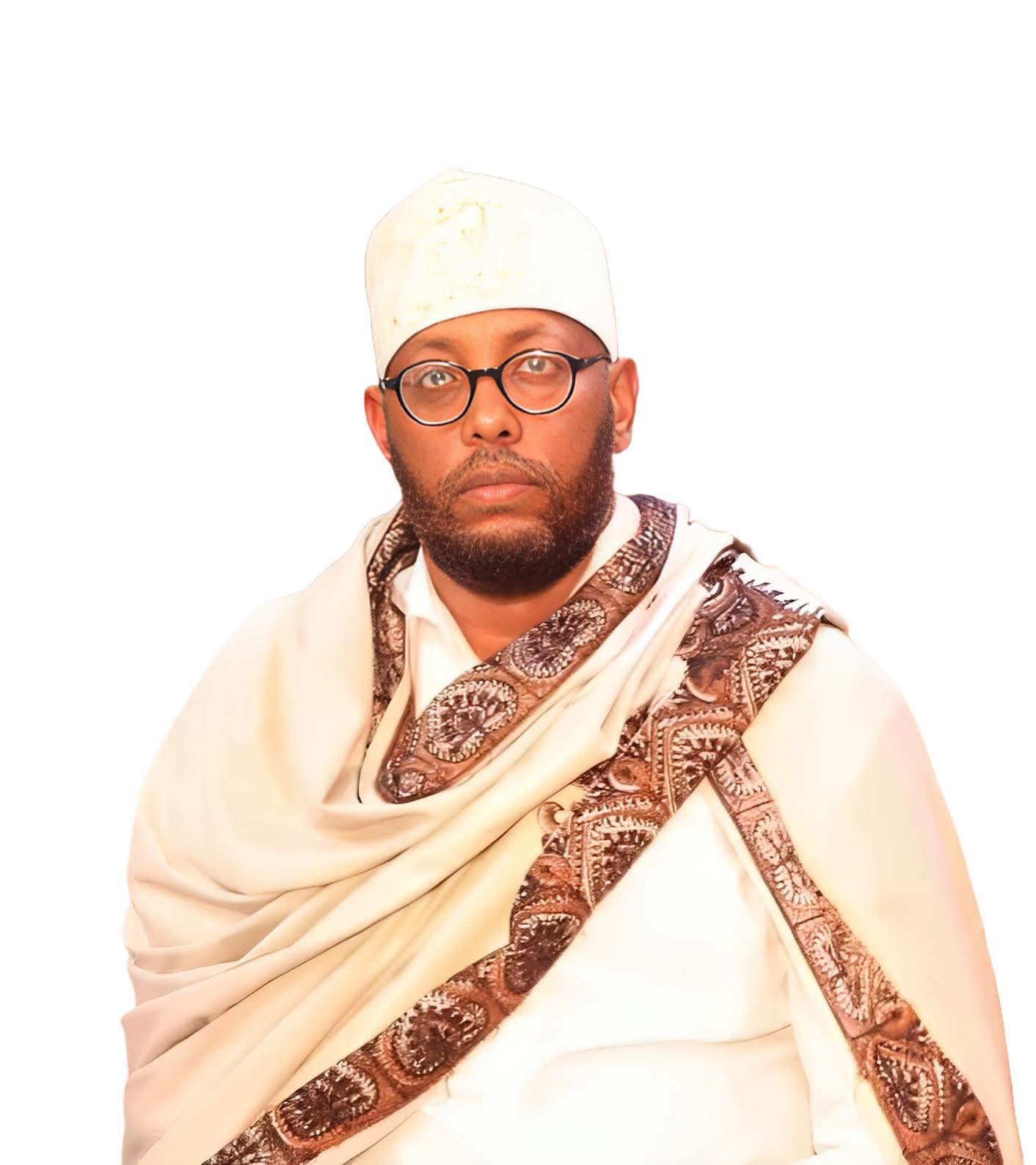
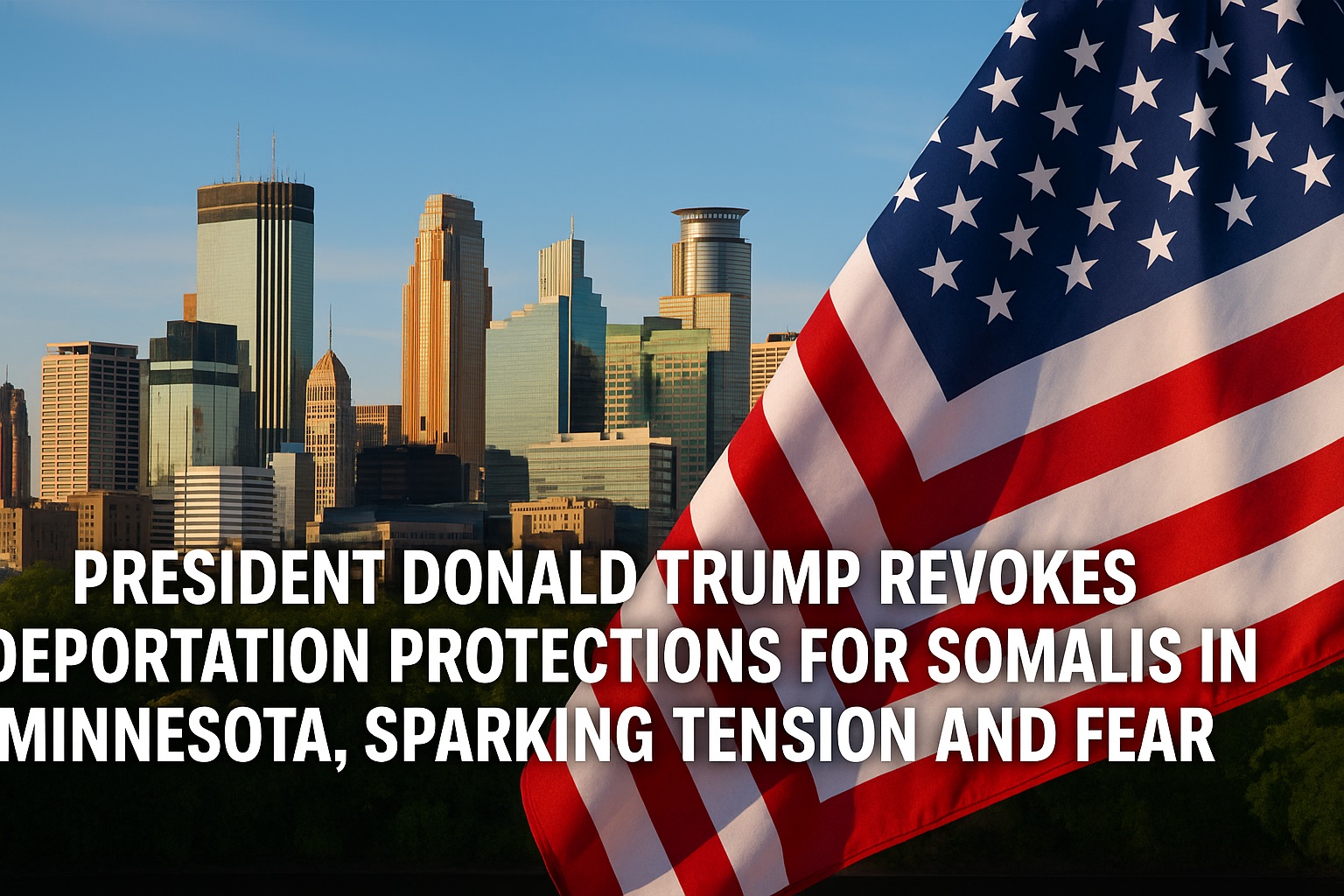
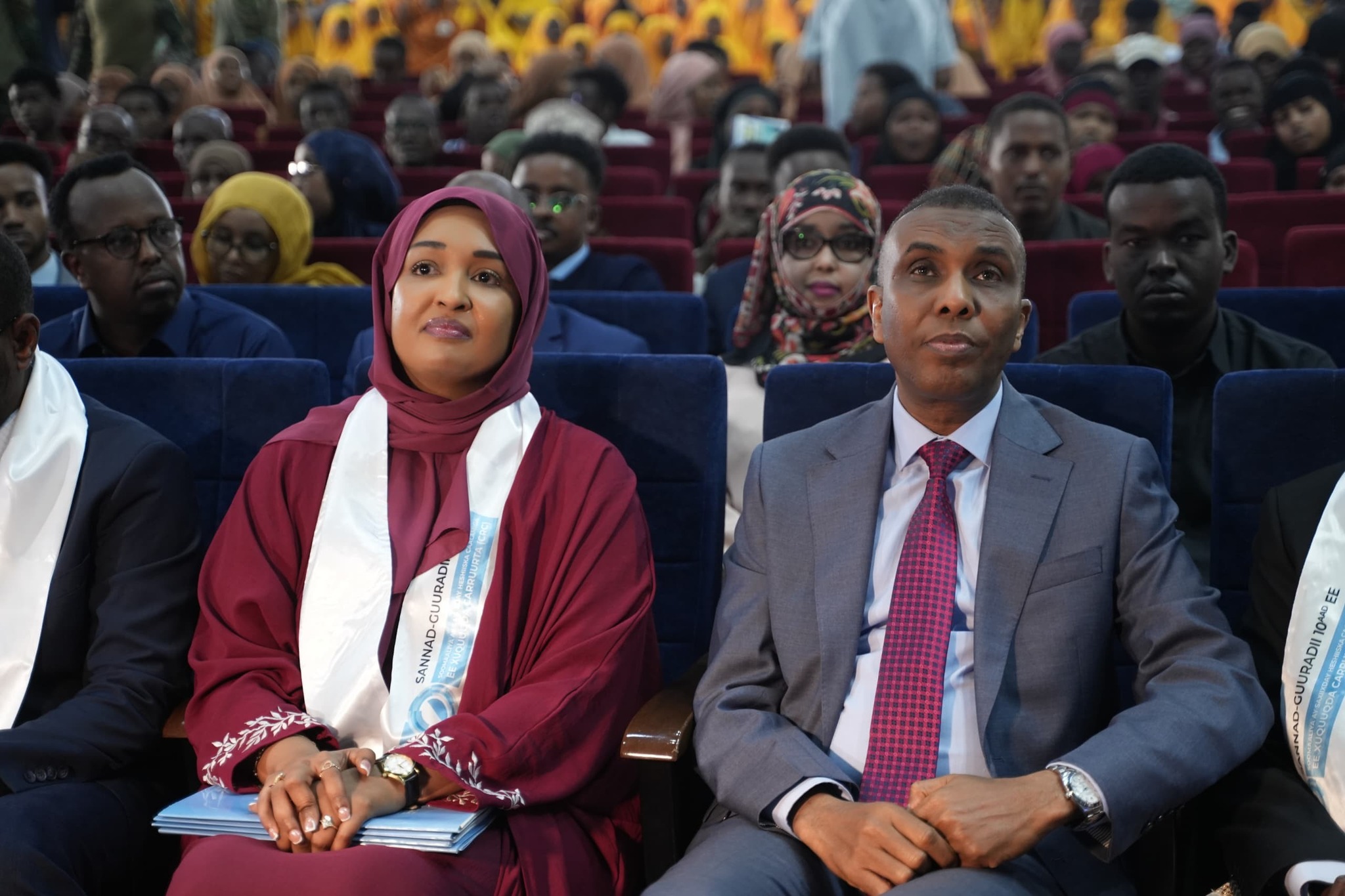
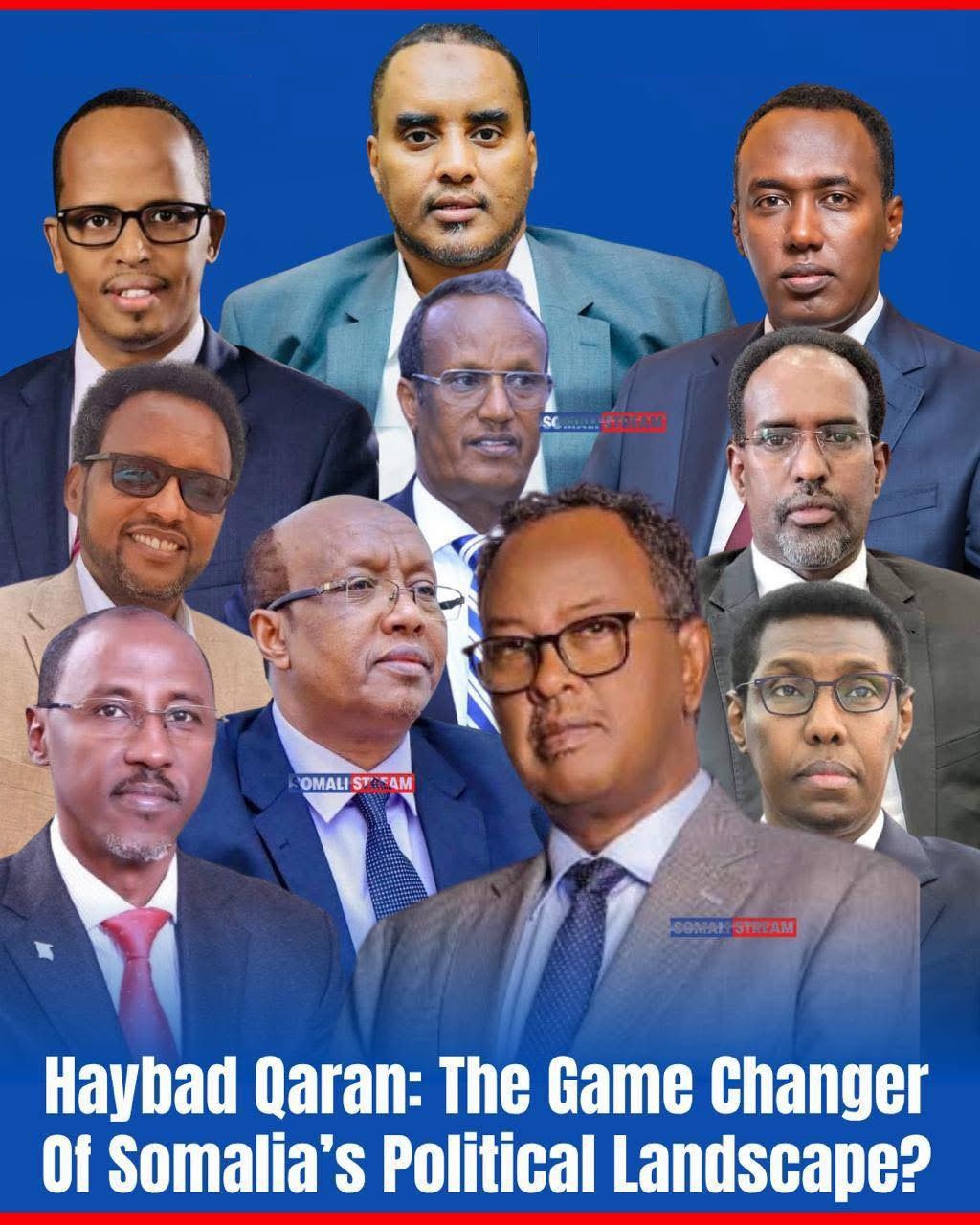


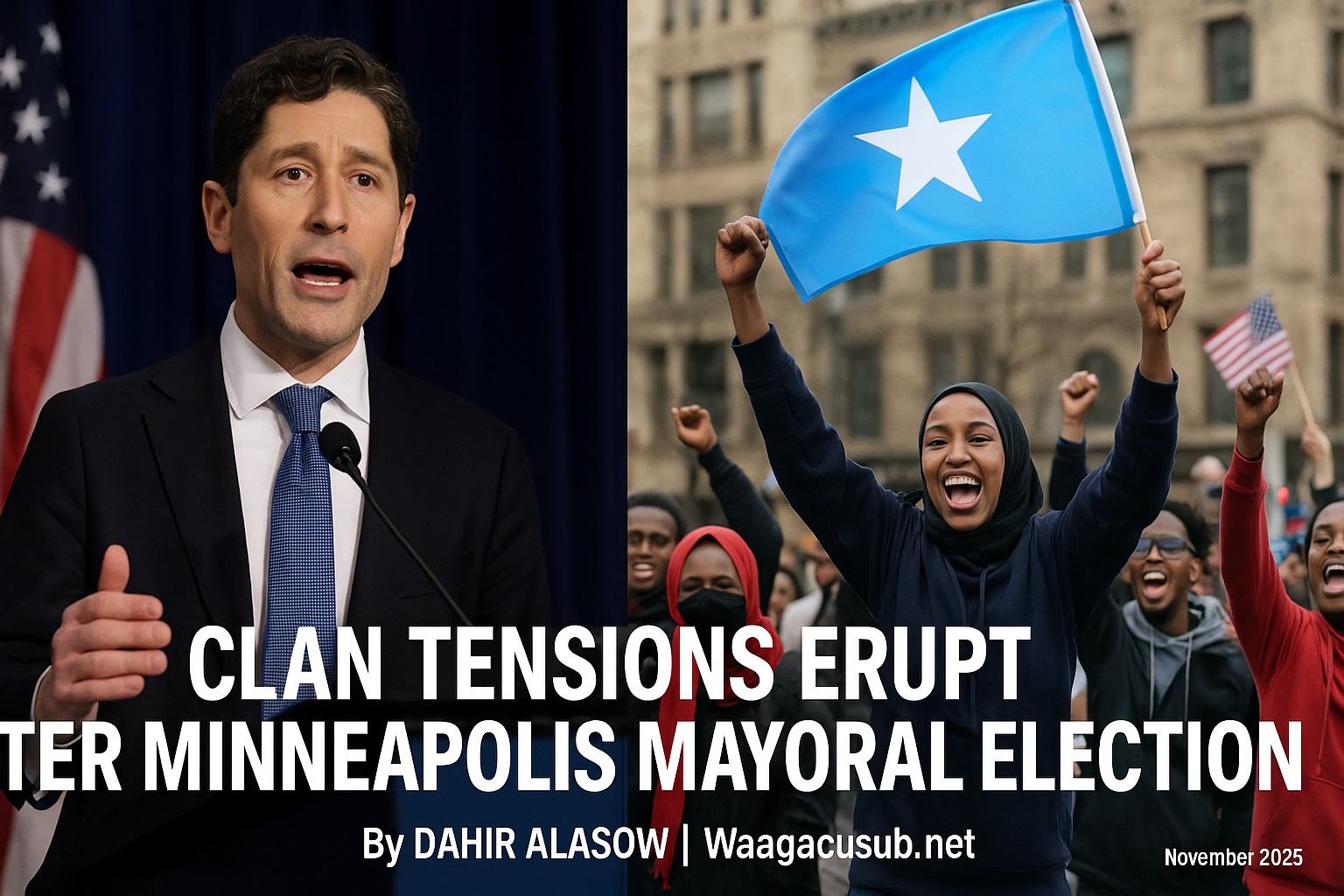


The U.N. asked for billions to avert four hunger crises. The money didn't arrive.
WAAGACUSUB:-